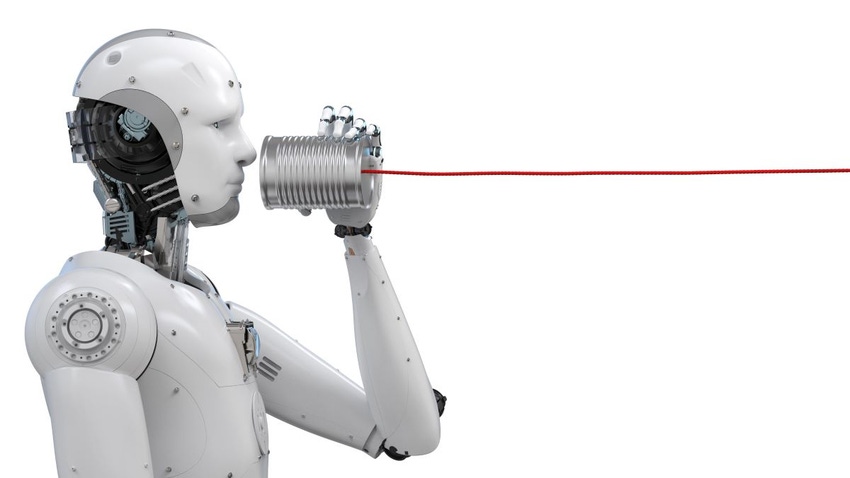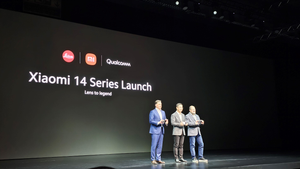Eurobites: France, Germany and Italy make progress on AI regulation – report
Also in today's EMEA regional roundup: Telenor launches pet-tracking joint venture; VEON raises full-year guidance after healthy Q3; Orange pushes Spotify in Africa.

The regulation of AI looks set to be a thorny issue in the coming years but, according to a Reuters report, France, Germany and Italy have already reached an agreement of sorts on the issue. The three countries have used a joint paper to express their support for "mandatory self-regulation through codes of conduct," particularly in relation to the so-called foundation models of AI. This, says the report, could accelerate progress on AI regulation at an EU-wide level.
Nordic operator Telenor is creating a new IoT-based pet-tracking business in partnership with DyrelID, which is owned by the Norwegian Veterinary Assocation. Called Telenor Tracking Solutions, the new company will form part the Telenor Amp group, which currently consists of 16 companies. Telenor Amp is investing 25 million Norwegian kroner in the new company and will be the majority owner. More than 95% of Norwegian pet owners use ID tagging, where a chip with a unique ID inserted under the pet's skin is linked to owner information.
VEON is raising full-year revenue and EBITDA (earnings before interest, tax, depreciation and amortization) guidance after a successful third quarter that saw revenue rise 6.1% year-over-year, to $945 million. EBITDA reached $444 million, a 17% jump on last year's numbers. The company says it has now completed its exit from Russia. (See Eurobites: VEON retreats from Russia.)
Boffins at the UK's University of Leicester say they have come up with a "novel" technology to manage demands on mobile networks from multiple users using terahertz frequencies. The team in Leicester tested their technology in a simulation based on a real-world industrial setting, claiming that it outperformed existing technologies and used 10% less power in the process. The study forms part of the EU-funded 6G BRAINS project, which is aiming to develop an AI-driven self-learning platform to intelligently and dynamically allocate network resources.
Orange is offering unmetered data to its mobile customers in the Democratic Republic of Congo, Madagascar, Mali and Guinea accessing the Spotify music streaming service. Orange operates in 18 countries across Africa and the Middle East.
Ooredoo Kuwait is looking to reduce its reliance on diesel generators with a trial of solar hybrid-powered cell signal boosters in selected rural locations.
Nokia's open RAN-compliant and energy-efficient 5G AirScale baseband offering has been chosen by Japan's NTT Docomo for use in its commercial network nationwide.
Read more about:
EuropeAbout the Author(s)
You May Also Like












